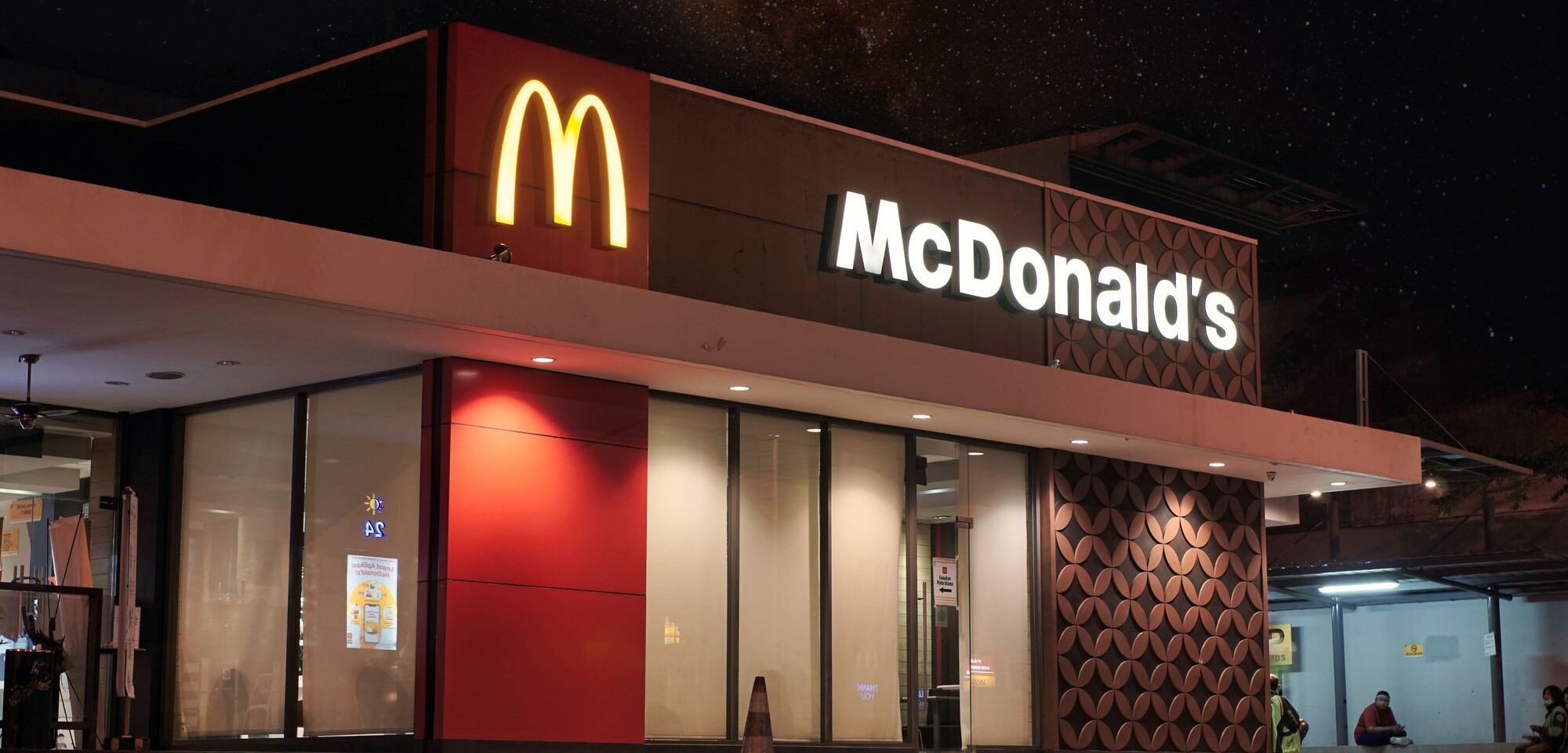Are you considering venturing into the world of franchising but feeling overwhelmed by the various options available? Look no further! In this article, we will explore the different types of franchise relationships and arrangements that exist, providing you with a comprehensive guide to help you make informed decisions.
From the business format franchise to investment and job franchises, we’ll delve into each type, uncovering their unique characteristics and opportunities.
So, whether you’re an aspiring entrepreneur or an investor seeking to diversify your portfolio, get ready to discover the vast array of possibilities that the franchising world has to offer!
Key Takeaways
- Franchising encompasses various types of relationships, ranging from investment and management to executive, retail, sales and distribution, and job franchises.
- Each franchise type has its unique characteristics, investment requirements, and business models, catering to different entrepreneurial aspirations and investment levels.
- Franchise agreements can take the form of single-unit, multi-unit, area development, or master franchise models, providing flexibility for both franchisors and franchisees.
- Franchising offers a wide range of business opportunities, from small family-owned units to large-scale investment ventures, allowing individuals and investor groups to diversify their portfolios.
- Websites such as Find My Franchise, The BFA and Franchise.org serve as valuable resources for gathering further information and exploring franchise opportunities.
The Business Format Franchise
Whilst the definition of franchising might seem simple– i.e. it means that there is essentially a business ‘marriage’ between an existing business (the franchisor) and an individual (the franchise owner or franchisee), business format franchising (in essence a franchise system) comprises several key elements:
The franchisor:
- allows the franchisee to use the name and brand associated with the franchise
- provides assistance to the franchisee
- retains some kind of control over the franchisee
The franchisee:
- has to make periodical payments to the franchisor
Therefore the business format franchise differs from arrangements which may simply allow franchisees to distribute the trademarked product of a manufacturer in a specific location in their own premises e.g. car dealerships.
This is a system that is comprehensive. It includes things such as a management system, image and appearance, business planning, and the quality of goods or services. Consistency, uniformity, and standardization across the business are the hallmarks of the franchise known as the business format franchise.

Types of Franchise Relationships
There are different types of relationships in franchising. They are as follows:
Investment Franchise
These are usually large-scale projects requiring significant capital investment. The franchisee usually retains overall control whilst hiring others to manage the overall business day-to-day. Examples of this are hotels and restaurants.
Management Franchise
Here, the franchisee manages a team of workers either in a single or in multiple territories and/or regions. Examples include van-based franchises operated from hubs such as repair and servicing businesses.
Executive Franchise
The franchisee owner runs a white-collar, one-man, business in areas such as professional services, consultancy and project management. Work is often taken to the client’s premises and therefore own premises are not usually required.
Retail Franchise
Similar to the investment franchise this would involve significant capital outlay on premises, equipment and staff to operate a high-yield business. However, the main difference is that owner-operators are the norm with examples being high-street clothing and mobile phone stores.
Sales and Distribution Franchise
The franchisee is out on the road selling and distributing products throughout their territory. They may hire others to cover larger areas as the business grows.
Job Franchise
These businesses usually require a lower initial investment and are usually started by individuals wanting to run a franchise alone such as a man-and-van type business in-home services, cleaning or maintenance.
However, the franchisors will often want to encourage these franchisees to eventually become management franchisees. This means taking on staff to operate additional vans in the territory as their customer base grows beyond what they can serve themselves.
Types of Franchise Arrangements
For people, businesses, and investor groups, franchising offers excellent business opportunities, from the smallest single-unit family businesses to large multi-million dollar investment groups looking to diversify their portfolios. This is down to the abundance of franchisors, a variety of industries, and varying investment levels.
Franchisors have a number of options when deciding how to structure their commercial relationships. The number of units offered to a franchisee and the territory development rights are frequently used to define arrangements. The four types of agreements that franchised businesses typically form are listed below.
Single Unit Franchise Type
This is the most traditional and most common form of franchising. The franchisor grants the franchisee the right and obligation to establish and operate one franchise. The franchisees have to invest their own capital and apply their own management skills (generally hands-on).
These franchise agreements are especially popular with new franchisors because they provide a simple entry point into the industry. If a franchisee does well over time, the franchisor may increase the number of units covered by the agreement.
Multi-Unit Franchise Type
An organisation (the multi-unit franchisee) receives permission from the franchisor to set up and run multiple franchised units. The multi-unit franchisee makes a commitment upfront to open a certain number of locations over a predetermined time frame.
They need to be financially and managerially capable of building out many units often to a schedule. The franchisor may have the right to contract with other interested parties if the franchisee doesn’t follow the predetermined timeline.
Area Development Franchise Type
Similar to a multi-unit franchise, in this type of franchise arrangement the franchisor grants the area developer the authority to establish and manage multiple franchised units. A specified number of locations will be opened by the area developer over the course of a predetermined period of time in a defined territory. No other franchisees will be permitted to open units in that geographic area during the term of the contract.
Master Franchise Model
The master franchisee is given the authority to offer the full range of the franchisor’s goods and services through sub-franchising, just as the franchisor does with its own enterprise, in a particular nation, area, or continent. The master franchisee has the authority (and occasionally the duty) to find new franchisees in addition to having the right and duty to establish and run a number of locations in a defined area.
For franchisees who join the system through its master franchise, the master franchisee essentially takes on the role and responsibility of a franchisor. This includes training and support, and they, in turn, reap the benefits of franchisee fees and royalties.
Example of Different Types of Franchise
Business Format Franchise

McDonald’s: The franchisee is granted the right to operate a McDonald’s restaurant using the established name, brand, and business systems of the franchisor.
Investment Franchise
Marriott Hotels: Franchisees invest in building and operating Marriott-branded hotels while hiring a management team to oversee day-to-day operations.
Management Franchise
Servpro: Franchisees manage a team of workers who provide professional cleaning and restoration services in a specific territory.
Executive Franchise
ActionCOACH: Franchisees offer business coaching and consulting services, working directly with clients without the need for a physical office space.
Retail Franchise
The UPS Store: Franchisees operate retail locations offering a range of services, including shipping, printing, and mailbox rentals.
Sales and Distribution Franchise
PepsiCo: Franchisees distribute and sell PepsiCo’s products, such as beverages and snacks, within a specific geographic territory.
Job Franchise
Molly Maid: Franchisees start a home cleaning business, initially operating on their own but with the potential to expand and hire staff as the customer base grows.
These examples showcase the diversity of franchise types available across various industries, highlighting the different business models and opportunities within the franchising world.
Conclusion
In this comprehensive article, we have delved into the world of franchising, examining the different types of franchise relationships and arrangements available. From the business format franchise, which encompasses a comprehensive system and brand identity, to investment, management, executive, retail, sales and distribution, and job franchises, we have explored the vast array of opportunities that the world of franchising offers.
Please note: None of the above constitutes financial and/or legal advice. We advise people to seek their own professional advice suited to their personal circumstances. You can find franchise specialist legal and accounting services in our directory.






